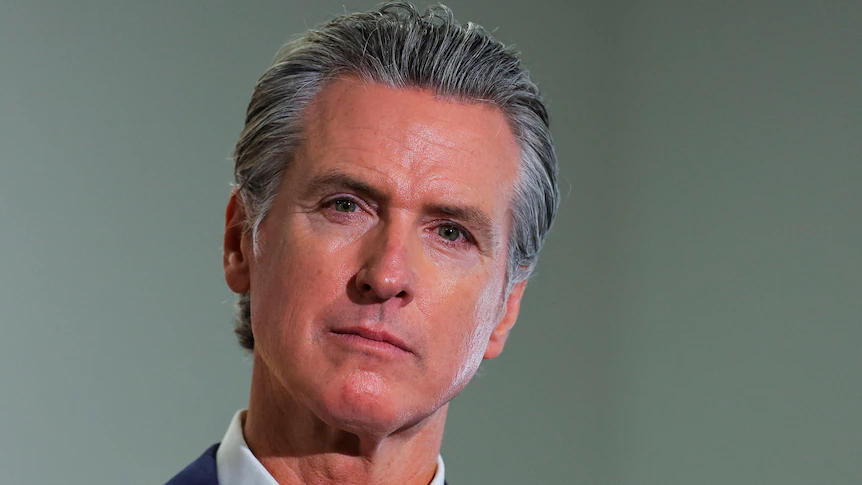Copyright OilPrice

Not long ago, the UK’s Prime Minister declared his government would turn the country into an “AI superpower”. The EU leadership has similar plans for the bloc—while China and the U.S. race ahead without looking back. Neither the UK nor the EU will catch up soon. Their energy is too expensive. Now, Nvidia’s boss is warning that even the United States’ energy costs may be too high to help it win the race. “China is going to win the AI race.” Jensen Huang made the blunt statement at the Financial Times’ Future of AI Summit this week, going on to list as reasons for this prediction the fact that China enjoyed lower energy costs and, perhaps somewhat surprisingly, less regulation than the United States. He then proceeded to accuse the collective West of “cynicism” with regard to the AI pursuit, calling for some optimism instead. “Power is free” in China, he said, referring to generous state subsidies for the industry—and likely to the fact that China has a lot of low-cost hydrocarbon power generation, unlike, notably, the UK and the EU. In fairness, Nvidia’s chief executive has a very good reason to be angry with the U.S. leadership. Beijing this week banned foreign microchips from AI data centers receiving state funding. Per the new regulation, new data centers are to only use Chinese-made chips, Reuters reported, citing unnamed sources. It was unclear from the report whether the regulation had a national or local scope, but in either case, Nvidia chip sales to China would be affected by it. Personal reasons for disgruntlement aside, Huang’s critique of energy policies and overall regulation are quite on point. The European Union is a perfect case in point: it has for years used regulation as a means of stimulating innovation and competitiveness, only to achieve the complete opposite, drawing strong criticism from industries about it. The UK, meanwhile, is a perfect case in point on energy costs. The country has some of the highest electricity prices in the world because of the net-zero push by several successive governments. AI development, however, depends on low electricity costs. In other words, the UK’s AI superpower dream will likely remain a dream unless the Starmer cabinet finds a way to bring costs down—even though Nvidia recently announced plans to invest $2 billion in fostering an AI startup culture in the UK. Yet even in the United States, which is a lot more self-sufficient in affordable energy than either the UK or the EU, the artificial intelligence race is driving electricity prices higher, which may jeopardise the country’s success in that race. Earlier this year, the biggest capacity auction in the country, covering a fifth of Americans, ended with a record-high price of $329.14 per megawatt-day. The number was 22% higher than the final price of last year’s auction and reflected the surge in demand for electricity driven by the data center industry. States with high concentrations of data centers are seeing soaring electricity prices that some households are struggling to pay. Related: U.S. Ambassador Warns That British Energy Costs Are Too High Meanwhile, China is subsidizing its AI industry and building new coal plants to ensure stable, reliable, and affordable electricity even as it remains the largest wind and solar installer in the world. Since 2021, the Chinese state has paid an estimated $100 billion in subsidies to the AI industry, Reuters reported this week, after reviewing government tenders in that sector. Nvidia’s CEO has criticized the Trump administration openly for its export curbs on chips, saying it was smart to keep Chinese AI developers hooked on U.S. chips, which, of course, would also boost Nvidia’s profits, but the Trump administration has refused to listen, focusing on what it sees as a risk of the Chinese government using U.S. chips in military technology. Corporate interests aside, however, it is true that energy costs will determine the winner of the AI race. The challenge for the West is to choose between bringing those costs down and suffering defeat in AI as it remains focused on net zero ambitions. By Irina Slav for Oilprice.com More Top Reads From Oilprice.com Canada Launches $1.4 Billion Sovereign Fund for Critical Minerals Ukrainian Strike Shuts Key Lukoil Refinery As Sanctions Weigh on Russia Iraq to End Fuel Imports as Domestic Production “Exceeds” Demand



